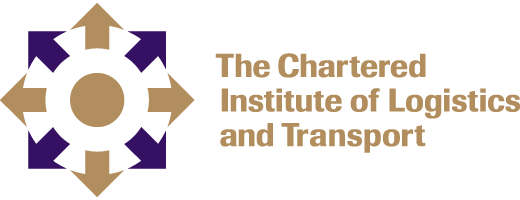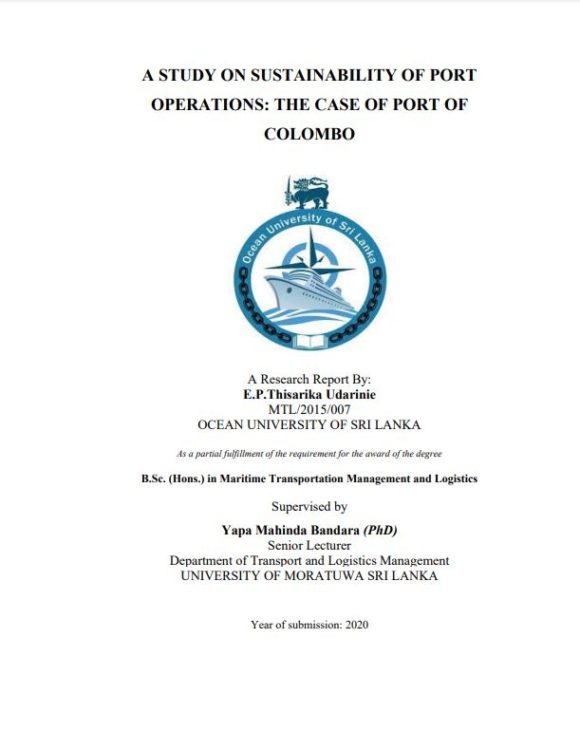Abstract
The term “sustainable” as a broadly used phenomenon, consists of three dimensions: environmental, social and economic, which are known as triple bottom lines of the concept of sustainability. All United Nations (UN) Member States adopted the 2030 agenda for achieving Sustainable Development Goals (SDGs) which can be addressed by any industry.
The preliminary intention of the International Maritime Organization related to sustainability is “The conservation and the sustainable use of oceans and their resources”. Seaports are complex transport nodes in the global transportation network. Further, seaports are disreputable as one of the most polluting industries due to their complex operations as an interface between sea and land. Lack of implementation of sustainability growth-led port policies is an identical problem in the maritime sector in many developing countries.
This paper investigates the three dimensions of sustainability in relation to seaport operation selecting the Port of Colombo (PoC) as a case. The main research objective is to determine the extent to which the focused port is aligned with the most relevant 11 SDGs out of all 17 SDGs in UN 2030 agenda from 2015 to 2020. A questionnaire was developed and data were gathered from both operational and management level port employees (n=182). Hypothesis testing and paired sample t-test were performed. Analysis results indicated that PoC is only aligned with 9 SDGs out of the all core 11 SDGs related to port industry. All the 8 Core SDGs (good health and well-being, affordable and clean energy, industry innovation and infrastructure, sustainable cities and communities, responsible consumption and responsible production, climate action, life below water, partnerships for the goals) have been developing during the period from 2015 to 2020.
However, only one secondary SDG (gender equality – SDG 5) has developed well over other 4 Core SDGs. Clean water sanitation and decent work economic growth have not been developing from 2015 to 2020 inside PoC. A conceptual model/framework connected with 4 SDGs (Life below water, Industry-innovation infrastructure, Good health-well-being and Affordable-clean energy) which is specified for sustainability of PoC was derived using Exploratory Factor Analysis and Confirmatory Factor Analysis and Model Fit Analysis. The paper provides policy implications for sustainability policy design in port sector in Sri Lanka.
Disclaimer
The views represented are those of the author(s) and do not necessarily reflect the views or policies of CILT.

